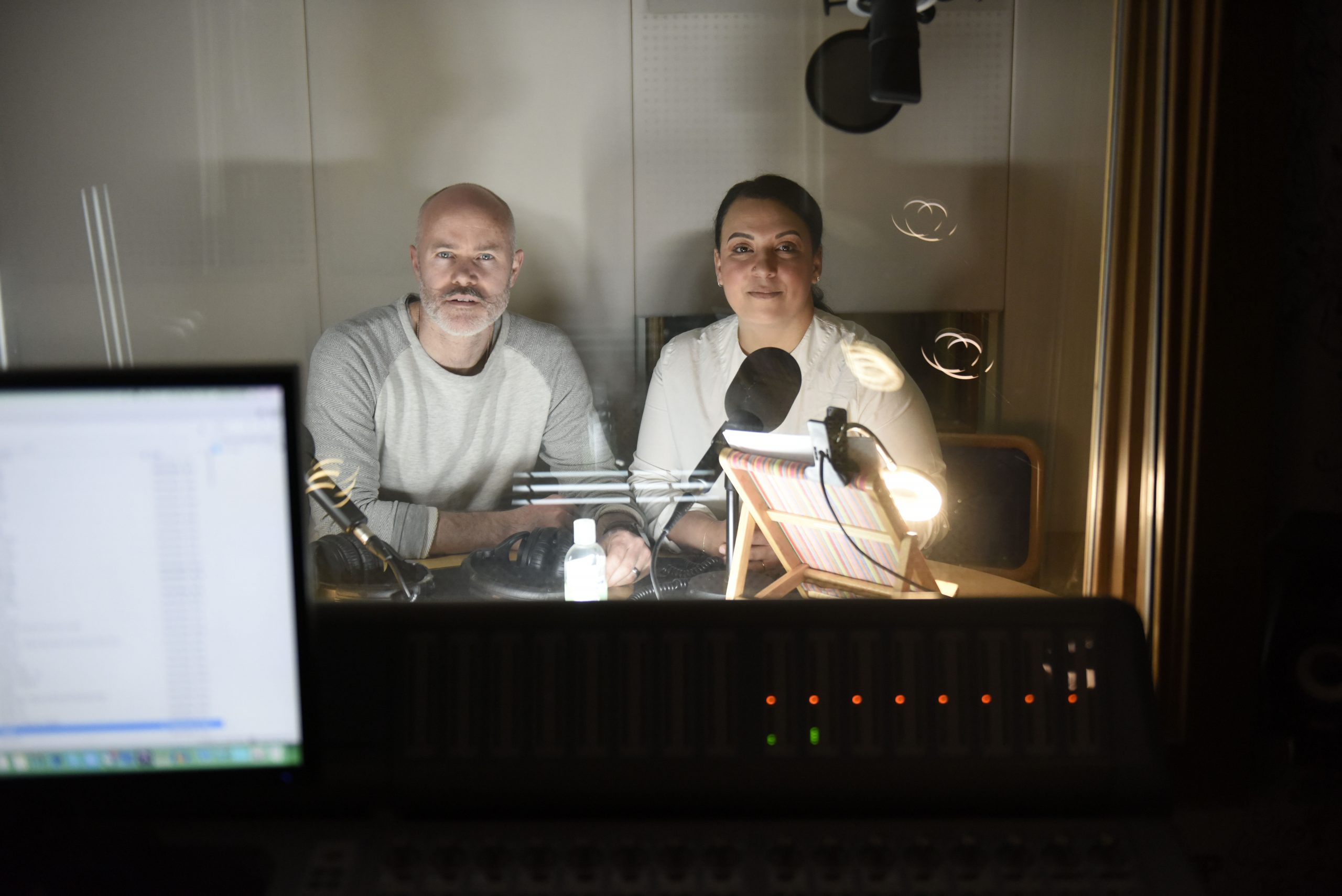Since it opened seven years ago, Dublin’s Forest Avenue has developed a reputation as one of the country’s finest restaurants. But its success – and the demands of the industry – has also had an impact on the couple behind the eatery – John and Sandy Wyer. Fearing burnout and operating in an “unworkable industry”, the couple were looking at ways to reinvent themselves and their business – and Covid-19 has given them a chance to do just that. Within days of the lockdown, they had transformed their property into a high-end food store, a move that allowed them to…
Cancel at any time. Are you already a member? Log in here.
Want to continue reading?
Introductory offer: Sign up today and pay €200 for an annual membership, a saving of €50.

